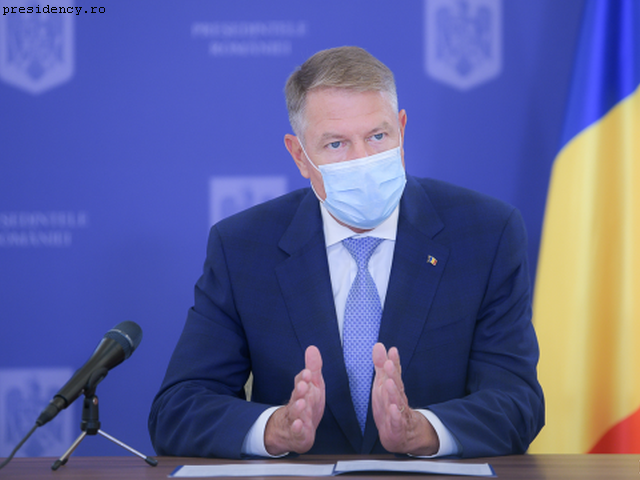National recovery plan, under public debate
The Bucharest authorities have made public a draft National Recovery and Resilience Plan aimed at rebuilding the country after the pandemic.
Warning: Trying to access array offset on null in /home/web/rri.ro/public/wp-content/themes/rri/template-parts/content.php on line 53

Warning: Trying to access array offset on null in /home/web/rri.ro/public/wp-content/themes/rri/template-parts/content.php on line 98
Bogdan Matei,
27.11.2020, 14:00
Old hospital buildings, outdated equipment, insufficient or poorly trained staff, online classes without enough devices, factories with their activity suspended temporarily, a hospitality sector on the verge of bankruptcy, closed down theatre and cinema halls, awful conditions for small farm producers forced to sell their products exclusively outdoors. The Covid-19 pandemic has spared no one and has affected the entire economy and the entire Romanian society. On Thursday evening, a draft national recovery plan that should bring Romania over 30 billion euros in EU funds, was launched in public debate by the Government, in the presence of President Klaus Iohannis. The project is likely to ensure an accelerated development of the country in the next 4 years. The European money will be spent on new hospitals, motorways, school infrastructure and the digitization of administration.
Klaus Iohannis: ”The investment that is so badly needed in the healthcare system, mostly for the construction of new hospitals and the upgrading of others, additional investment in school infrastructure and funds earmarked for local communities, investment in administrative digitization and urban regeneration are all included in the recovery plan. It’s time to digitise administration and access the competencies of the future.”
Out of the 30 billion euros, 14 billions are non-repayable, and the loans with good interest rates negotiated by the European Commission on behalf of the member states cover the rest of the amount.
PM Ludovic Orban pointed out that except for this plan, there are other European financing sources: ”All measures, all programmes in this National Recovery and Resilience Plan are included in the coordination, in addition to the other financing sources Romania has in the upcoming period. We will have over 46 billion euros available for cohesion, agriculture, for the Just Transition Fund.”
The document will be subject to public debate in the next period and has to be approved by the European Commission so that the financing of the projects proposed by Bucharest can start next year. Until then, the Romanian civil society can come up with proposals. NGOs in education, healthcare or the social sector have already voiced their intention to contribute to the Plan, and asked the Government to really consider their proposals. The civil society says the document must necessarily include measures for vulnerable categories and pay special attention to children and young people from underprivileged categories so that they can continue their studies.
(Translated by Elena Enache)






























